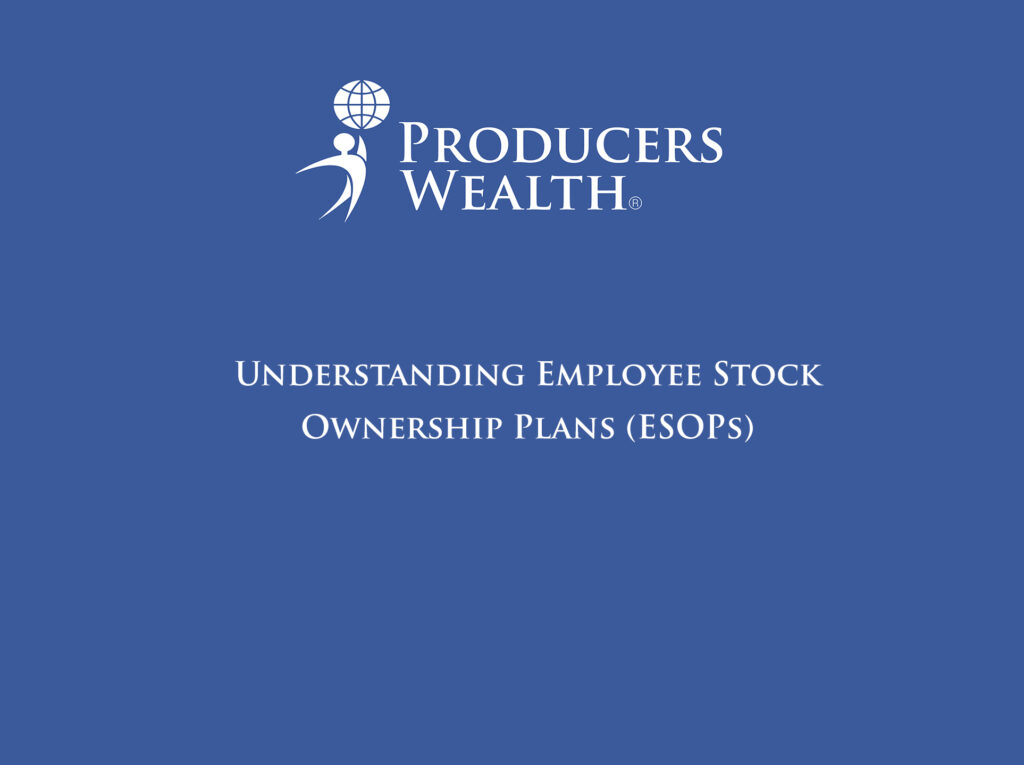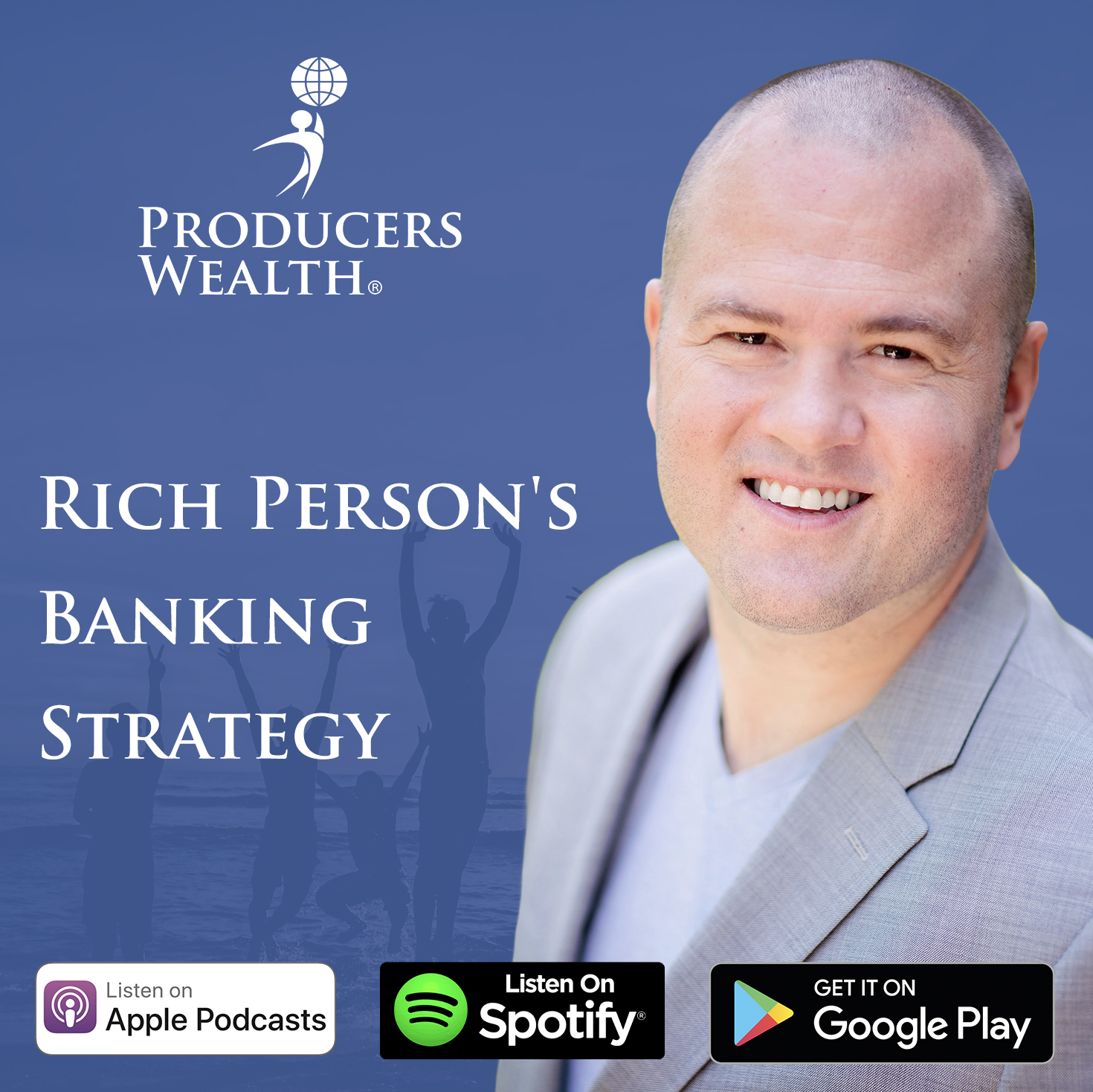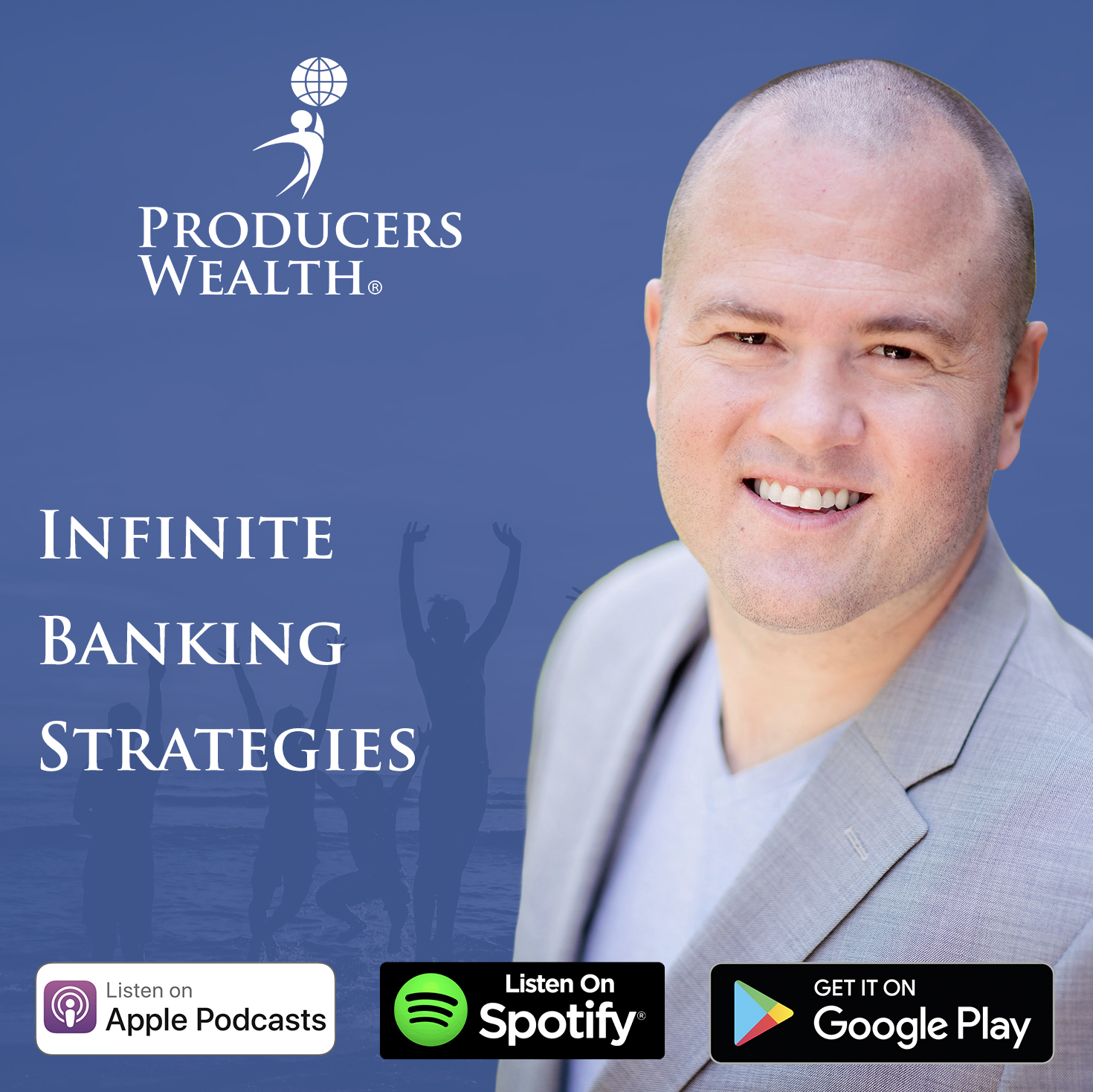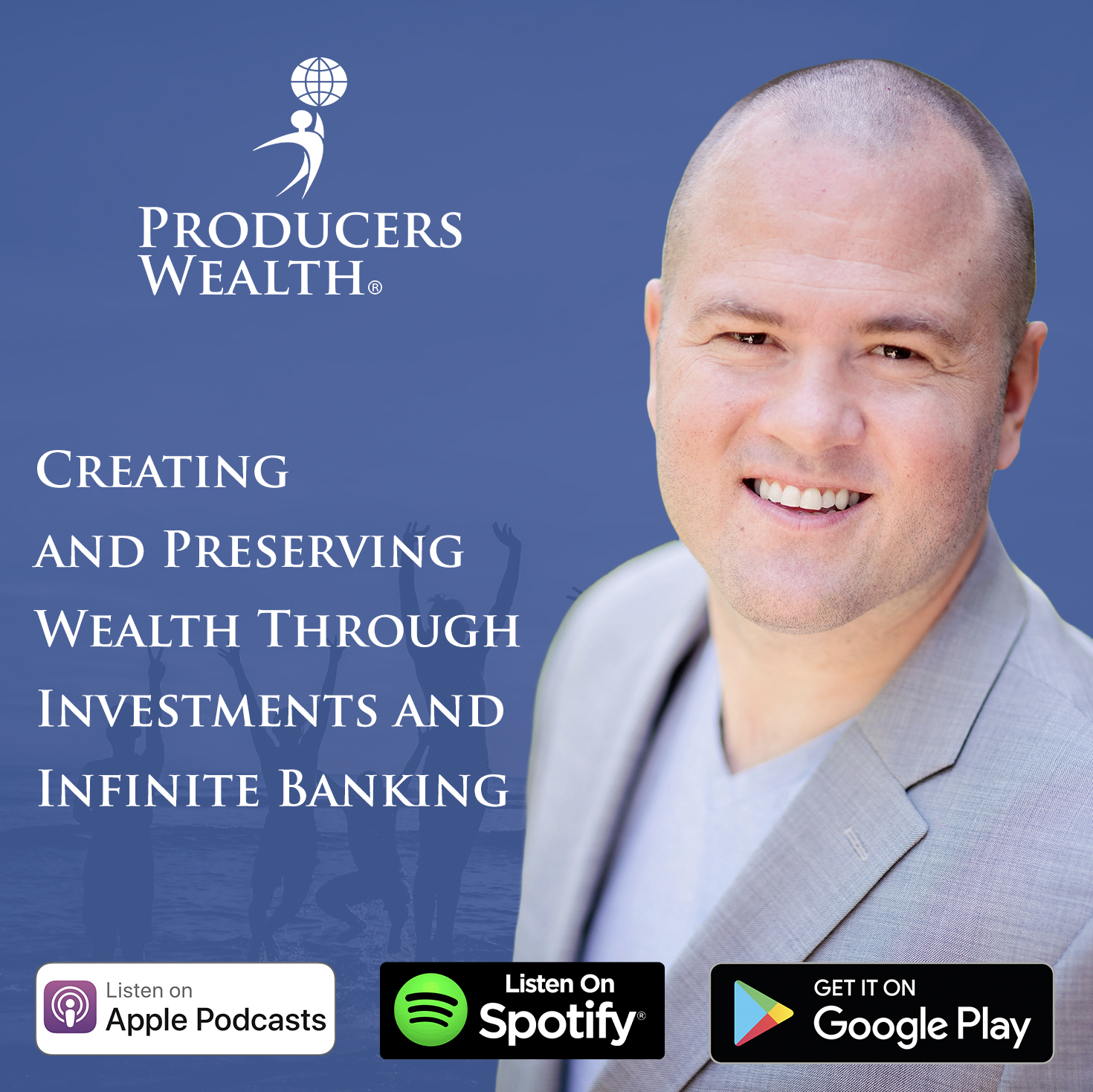
Employee Stock Ownership Plans (ESOPs) are gaining popularity as a powerful tool for businesses to foster employee ownership, incentivize productivity, and create a pathway to wealth accumulation for employees. In this comprehensive guide, we’ll explore the nuances of ESOPs, including their types, workings, benefits, case studies, and the pros and cons:
What are ESOPs?
Employee Stock Ownership Plans (ESOPs) are retirement plans that allow employees to acquire ownership in the company they work for by receiving shares of company stock. ESOPs are typically structured as qualified retirement plans governed by ERISA (Employee Retirement Income Security Act) regulations.
Types of ESOPs:
- Leveraged ESOP: In a leveraged ESOP, the company borrows funds to finance the purchase of company stock, with the ESOP serving as the borrower. The company makes contributions to the ESOP, which are used to repay the loan over time.
- Non-Leveraged ESOP: In a non-leveraged ESOP, the company makes direct contributions of company stock to the ESOP trust, which are allocated to employee accounts based on a predetermined formula.
How Does an ESOP Work?
- Company Contribution: The company establishes an ESOP and makes contributions of company stock to the ESOP trust.
- Employee Participation: Eligible employees become participants in the ESOP and are allocated shares of company stock to their individual accounts based on criteria such as salary or tenure.
- Vesting: Employees accrue ownership rights in the allocated shares over time through a vesting schedule determined by the ESOP plan document.
- Retirement Benefits: Upon retirement or termination of employment, employees can access their vested ESOP accounts and receive distributions of company stock or cash, depending on plan provisions.
Benefits of ESOPs:
- Employee Ownership: ESOPs foster a sense of ownership and alignment of interests among employees, leading to increased motivation, productivity, and loyalty.
- Tax Advantages: Contributions to ESOPs are tax-deductible for the company, providing potential tax savings, while distributions to employees may be eligible for favorable tax treatment.
- Wealth Creation: ESOPs offer employees the opportunity to accumulate wealth over time through ownership in the company, providing financial security and retirement benefits.
- Succession Planning: ESOPs can serve as a succession planning strategy for business owners looking to transition ownership to employees while maintaining continuity and preserving the company’s legacy.
Case Studies:
- Manufacturing Company Case Study: ABC Manufacturing Company implements a leveraged ESOP, allowing employees to acquire ownership in the company and incentivizing productivity, resulting in increased profitability and employee satisfaction.
- Professional Services Firm Case Study: XYZ Consulting Firm adopts a non-leveraged ESOP, providing employees with an ownership stake in the firm and fostering a culture of collaboration and innovation, leading to enhanced client relationships and business growth.
Positives and Negatives of ESOPs:
Positives:
- Employee Ownership Culture: ESOPs cultivate a culture of employee ownership, fostering loyalty, commitment, and shared success.
- Tax Advantages: ESOP contributions are tax-deductible for the company, while distributions to employees may qualify for favorable tax treatment.
- Retirement Benefits: ESOPs provide employees with a pathway to wealth accumulation and retirement security through ownership in the company.
Negatives:
- Complexity: ESOPs involve complex legal and financial considerations, requiring careful planning and administration by qualified professionals.
- Liquidity Concerns: Employees’ retirement savings may be tied to the company’s performance and stock value, leading to potential liquidity challenges in the event of downturns or market volatility.
- Regulatory Compliance: ESOPs are subject to stringent regulatory requirements, including ERISA regulations, necessitating compliance and ongoing oversight to avoid penalties and legal risks.
Employee Stock Ownership Plans (ESOPs) offer a compelling framework for businesses to empower employees, drive performance, and create a pathway to wealth accumulation and retirement security. However, they require careful evaluation, implementation, and ongoing management to maximize benefits and mitigate risks effectively.
Watch all of our educational videos on Infinite Banking here.
Disclaimer and Waiver
Michiel Laubscher & Laubscher Wealth Management LLC is not an investment advisor and is not licensed to sell securities. None of the information provided is intended as investment, tax, accounting, or legal advice, as an offer or solicitation of an offer to buy or sell, or as an endorsement, of any company, security, fund, or other offerings. The information should not be relied upon for purposes of transacting securities or other investments. Your use of the information contained herein is at your own risk. The content is provided ‘as is’ and without warranties, either expressed or implied. Michiel Laubscher & Laubscher Wealth Management LLC does not promise or guarantee any income or specific result from using the information contained herein and is not liable for any loss or damage caused by your reliance on the information contained herein. Always seek the advice of professionals, as appropriate, regarding the evaluation of any specific information, opinion, or other content.





